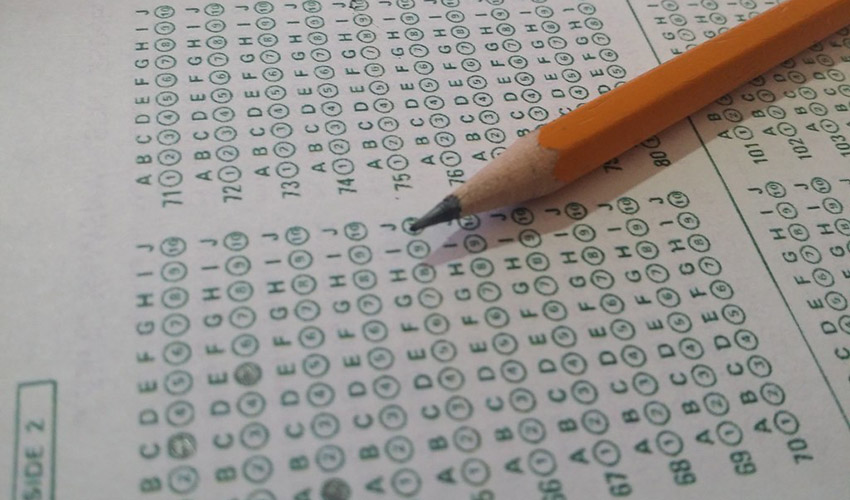 Professor and Chair of Marketing Foo Nin Ho and collaborators from other CSUs find correlation between tolerance of cheating in school and unethical business behavior.
Professor and Chair of Marketing Foo Nin Ho and collaborators from other CSUs find correlation between tolerance of cheating in school and unethical business behavior.
In a study of 250 undergraduate students at San Francisco State and Cal State San Marcos, Ho and CSUSM Professor of Marketing Glen Brodowsky asked students to respond to statements about cheating and ethics, such as "It's cheating to ask another student what was on the test" and "Within a business firm, the ends justify the means." The results indicated that students who were more tolerant of cheating in the classroom were also open to unethical behavior at work.
One component of the study measured collectivism and individualism, the biggest cultural factors in determining conflict resolution strategies. Collectivists, or group-oriented students, were more accepting of cheating than their classmates. “To save face they might count on cheating to make sure they all do well," says Brodowsky, "they also won’t rat each other out because that will make people look bad.”
Ho points out that these results do not define students. “Just because a student is part of one culture doesn’t mean they’ll be more tolerant of cheating,” he reflects. This survey measured individual attitudes shaped in part by culture - an important distinction - and can be the result of enormous pressure on students, a desire to maintain positive relationships with classmates, or a lack of understanding that ethical behavior leads to better long-term outcomes.